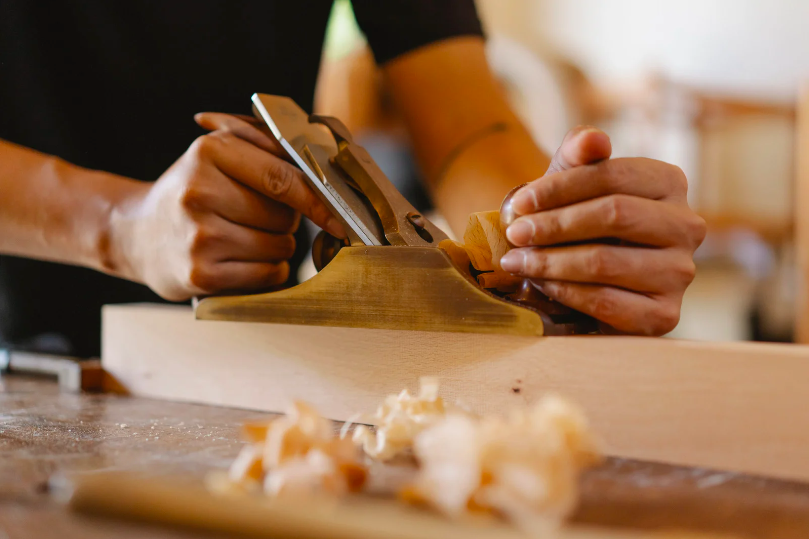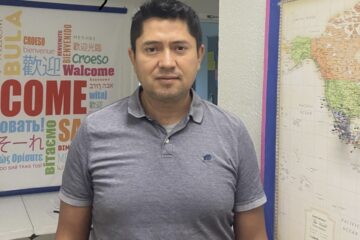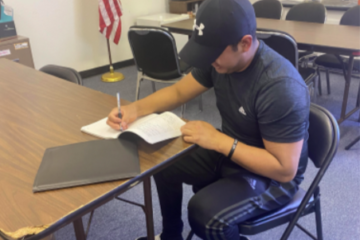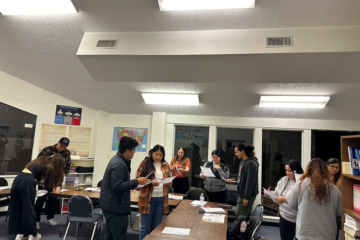Immigrant Stories: Brandon Gomez
Born a U.S. citizen, Brandon was only three years old when his family decided to move back to Mexico out of necessity to take care of his grandparents. As a result, his parents, both immigrants, decided it would be best for him to be raised with them rather than having no one in the U.S. who could take care of him. However, Brandon maintained his dual citizenship status despite leaving the country at such an early age.
Born in California but raised in Acapulco, Mexico, Brandon returned to the United States as a teenager. Growing up, he harbored the desire to move back to the United States in search of greater economic opportunities and national security. He remembers the first time he set foot back on U.S. soil this past fall when he arrived by plane in Houston, and his uncle, who offered him work in Bryan, picked him up.
While language was a significant barrier, Brandon found another form of expression through carpentry. Working in a local workshop, he specializes in wood carpentry, crafting everything from door frames and trim to wood flooring and laminated vinyl tiles. His projects often extend to building porches, patios, and even bed frames. Carpentry has not only been a job but also a creative outlet and a stabilizing force in his new life.
It was through a family connection that Brandon learned about BIIN. His cousin’s friend, Tania, who works with us at BIIN, introduced him to the organization, which became not only an opportunity for learning but also a way for him to build confidence in himself as an English speaker. “Before, I was afraid to say something incorrectly,” Brandon shares. “Now, I can ask for help in stores and navigate daily interactions much more smoothly. I’ve learned not just the language but also the social conventions that are so important here.”
Now, at 19, he reflects on his journey and the role the Brazos Interfaith Immigration Network (BIIN) has played in his life. Growing up in Acapulco, he was immersed in Mexican culture and spoke little English, despite his American citizenship. His early years were marked by a lack of a rich formal education, but he was always keen to learn through the world around him, which included everything from construction work to learning through online videos, featuring weightlifting, memes, and comedy skits.
When asked about his thoughts on the people at BIIN, Brandon’s appreciation is clear. “They’re providing a good service to the community.” We here at BIIN are glad we can provide resources to immigrants going through the naturalization process or, in Brandon’s case, provide him the practice and fostering the confidence he needs in speaking English.



